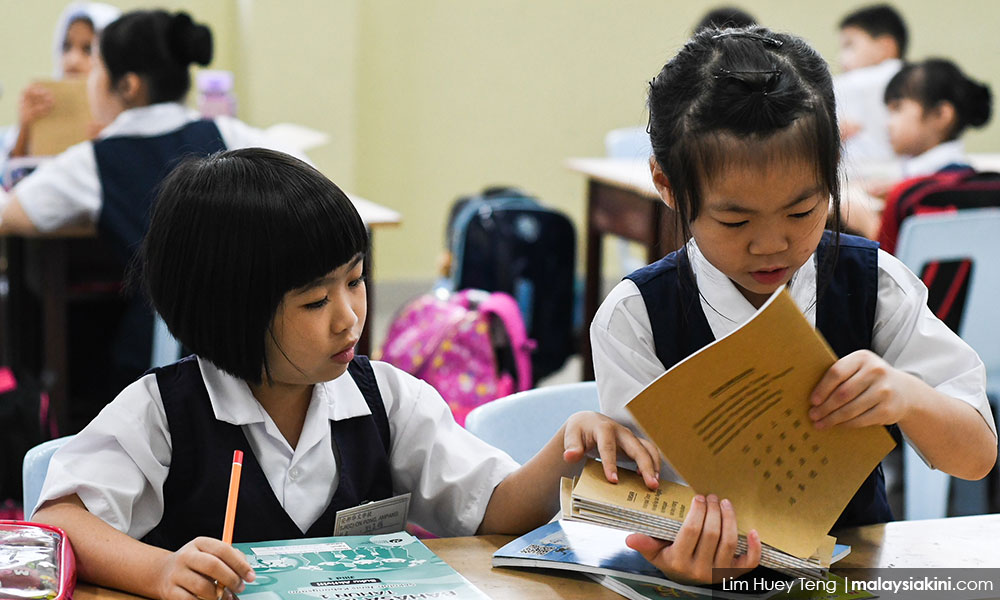LETTER | Affordable quality education with noble intentions
LETTER | Quality education appears to be a much-desired and much-treasured commodity these days, similar to the value we attach to antiques.
This phenomenon stems from the fast deteriorating quality of education offered by our public school system.
Much as the authorities would like to deny this, the low standard and quality of education are evidenced by the lack of confidence people have in our schools.
Student enrolments in many schools are dwindling and private education institutions are mushrooming.
Another significant development arising from the poor quality of public school education is the growing number of Malays and Indians enrolling in Chinese primary as well as Chinese independent schools.
This trend is a manifestation of wanting better quality education as well as wanting their children to master the Chinese language, the latter being an added advantage in an era where China’s role in international relations has become increasingly pronounced and impactful.
Fifteen years ago, they were just a handful of non-Chinese students in Chinese primary and secondary independent schools.
A decade ago, international and private schools were confined to a few big cities such as Kuala Lumpur, Ipoh and Penang, and these mainly catered to the needs of expatriates and the wealthy.
Expats sent their children to international schools as they might be relocated to another country anytime. The wealthy had in mind to send their children for overseas education further down the road.
The “push” of the public school system has not given rise to private education and many businesspersons are taking advantage of this and we can now see private schools in smaller towns.
The appearance of private and international schools in smaller towns such as Kluang, Malacca, Muar and Klang was a direct response to the deteriorating quality of our public school system.

Chinese independent schools
Investors of such institutions simply respond to a growing need for quality education. Being investors and entrepreneurs, the return on investment (ROI) demands high fees and this business narrative contradicts the very idea of affordable quality education.
Providing an alternative to substitute the public school system is fine as long as it has the quality and is affordable.
On the other hand, establishing a private education institution based on a business model and purely to take advantage of the sad education scenario and making money is contradictory to the noble philosophy and ethos of education for all.
If at all these investors or “education enthusiasts” are so keen on the noble idea of providing quality education, I suggest that they have a more philanthropic mindset and approach and emulate what many philanthropists are doing in support of the Chinese independent schools, where fees averages around an affordable RM400 per month.
If these people adopt this same spirit and enthusiasm, I am sure they will get overwhelming support.
And most importantly, it can be seen that this approach is a viable one as the 60 Chinese independent schools have survived all these years and are still going strong and healthy.
As it is, fees charged by private and international schools range from RM20,000 to RM100,000 per year, which is far beyond the reach of ordinary Malaysians.
This high fee structure is based on a business model rather than an education model. There is no sincerity and nobleness in their venture.
Using education as a business vehicle tends to compromise ethics and the nobleness attached to the profession. Therefore, these people do not qualify to have any noble tagline or logo attached to their venture.
In other words, providing quality education should be on a non-profit basis.
Only then, the need to look at your bottom-line will no longer have any relevance.
The views expressed here are those of the author/contributor and do not necessarily represent the views of Malaysiakini.
RM12.50 / month
- Unlimited access to award-winning journalism
- Comment and share your opinions on all our articles
- Gift interesting stories to your friends
- Tax deductable
